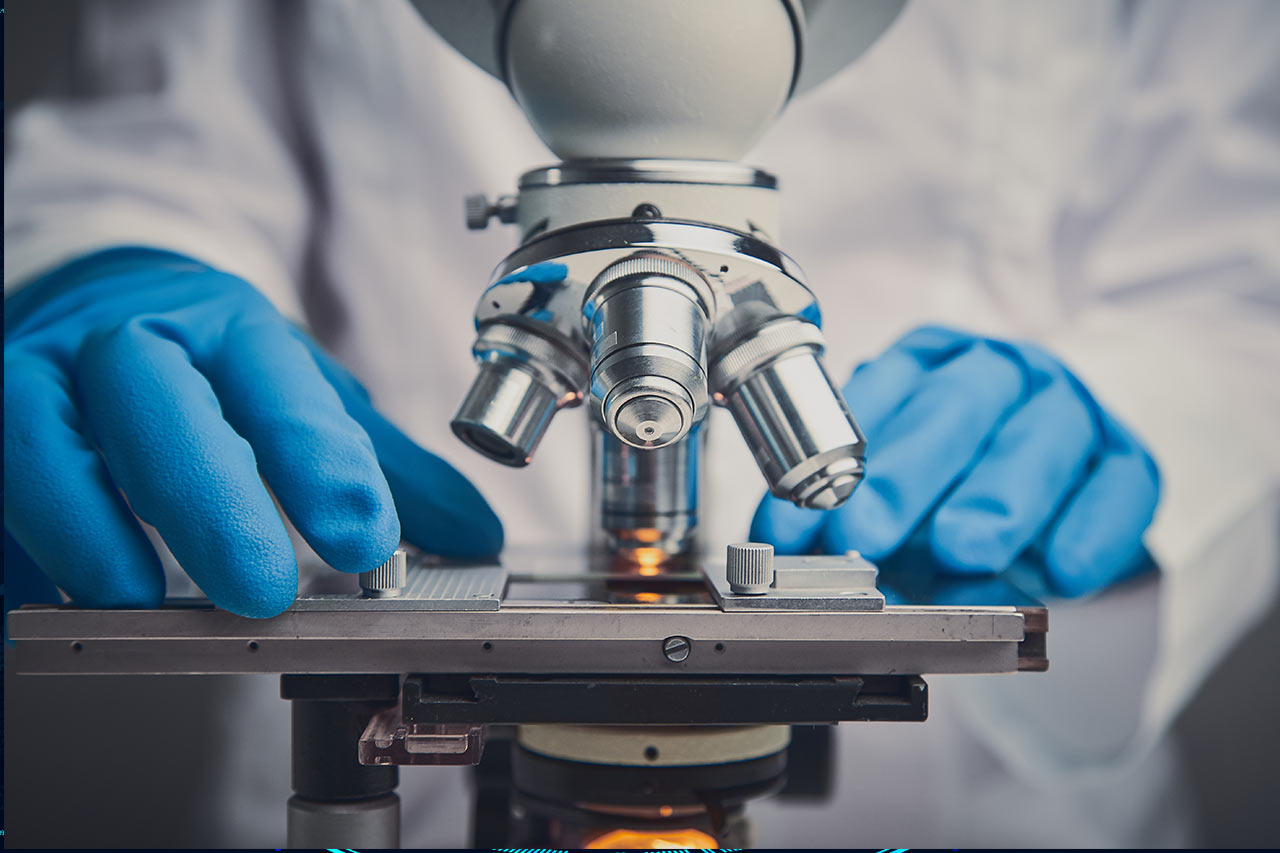Which cancers are related to the microbiome?
The complex interplay between the human microbiome and cancer has become a focal point of contemporary medical research. As we delve deeper into specific cancers, it is becoming increasingly clear that the microbiome plays a pivotal role in influencing the development and progression of various malignancies. Let’s explore three notable examples where the impact of the microbiome on cancer has revealed intriguing links.
Colorectal Cancer (CRC)
Colorectal cancer, one of the most well-studied cancers in relation to the microbiome, has revealed intriguing associations. Studies have identified specific microbes, such as Fusobacterium nucleatum, as prevalent in CRC patients. F. nucleatum has also been implicated in tumour progression and migration in pancreatic ductal adenocarcinoma (PDAC). In addition, altered microbiota diversity has been associated with survival in CRC patients. Specifically, a more diverse microbiome in CRC patients is associated with improved survival. Long-term survivors tend to have tumours colonised by the genera Pseudoxanthomonas, Saccharopolyspora and Streptomyces. In contrast, short-term survivors have tumours colonised by the classes Clostridia and Bacteroidea.
Pancreatic Cancer
Pancreatic cancer, a notoriously aggressive form of cancer, has been shown to be associated with the gut microbiome. The dominance of the Proteobacteria phylum, together with the prevalence of F. nucleatum, has been observed in pancreatic cancer samples. Studies suggest that F. nucleatum promotes tumour progression in pancreatic ductal adenocarcinoma and affects the migration of human cell lines. Understanding the microbial landscape in pancreatic cancer may provide insights into targeted therapies or prognostic indicators.
Liver and Gallbladder Cancers
Liver cancer and gallbladder cancer have also been linked to the gut microbiome. Bile acids produced by gut microbes have been linked to reduced immune surveillance in liver cancer. Antibodies to Salmonella enterica serovar typhi have been found in gallbladder cancer patients, suggesting a possible link to carcinogenesis.
Which cancer therapies does the microbiome affect?
As we delve deeper into the field of cancer treatment, the influence of the microbiome becomes even more apparent. Emerging research highlights how the microbial communities within our bodies can significantly impact the effectiveness of conventional cancer therapies. Here, we’ll examine three cases where the role of the microbiome in cancer treatment outcomes has captured the attention of the scientific community.
Radiotherapy
Radiotherapy, a cornerstone of cancer treatment, has been found to have unexpected links to the gut microbiome: the efficacy of radiotherapy can be linked to the composition of the gut microbiome. For example, killing certain bacteria (e.g., gram-negative bacteria) with antibiotics has been shown to enhance the anti-tumour effects of radiation in mouse models. The influence of the microbiome on radiotherapy highlights the need to consider microbial factors in treatment planning to optimise outcomes for cancer patients.
Chemotherapy
Chemotherapy, a systemic treatment for cancer, has been shown to have complex interactions with the gut microbiome. Studies have shown that antibiotics that affect the gut microbiome can affect the efficacy of chemotherapeutic drugs such as cisplatin and oxaliplatin. In addition, response to oxaliplatin in mouse models of colon cancer has been linked to specific gut bacteria, highlighting the role of the microbiome in chemotherapy outcomes.
Immunotherapy
Immunotherapy, a transformative approach that harnesses the immune system to fight cancer, is not immune to the influence of the microbiome. The gut microbiome has been linked to the efficacy of anti-CTLA-4 and anti-PD-1 immunotherapies. Studies have shown that the composition of gut bacteria affects response rates and outcomes in patients undergoing immunotherapy. Clinical trials combining faecal microbiota transfer (FMT) with immunotherapy have shown promise.
Learn more about how our team can support you in your projects related to the microbiome >
Future research could pave the way for more personalized treatments
The evolving landscape of cancer research increasingly recognises the microbiome as a key player in cancer biology and treatment outcomes. Future research is likely to reveal more links between specific microbes and different types of cancer, paving the way for targeted interventions.
In the future, personalized medicine may integrate microbiome data into treatment plans, allowing oncologists to tailor therapies based on an individual’s unique microbial profile. Precision oncology, guided by the intricate details of the microbiome, holds the promise of improving treatment response, minimizing side effects and ultimately improving patient outcomes.
In summary, the relationship between cancer and the human microbiome is a fascinating frontier in cancer research. From influencing cancer development to shaping treatment response, the impact of the microbiome is profound. By unlocking the secrets of this symbiotic relationship, we are opening new avenues for innovative cancer therapies and a future where personalized medicine is at the heart of the fight against cancer.3 Interested in exploring such areas? Alcimed is here to support you. Don’ hesitate to contact our team!
About the authors,
Volker, Great Explorer Oncology in Alcimed’s Life Sciences team in Germany
Lisa, Consultant in Alcimed’s Life Sciences team in Germany



